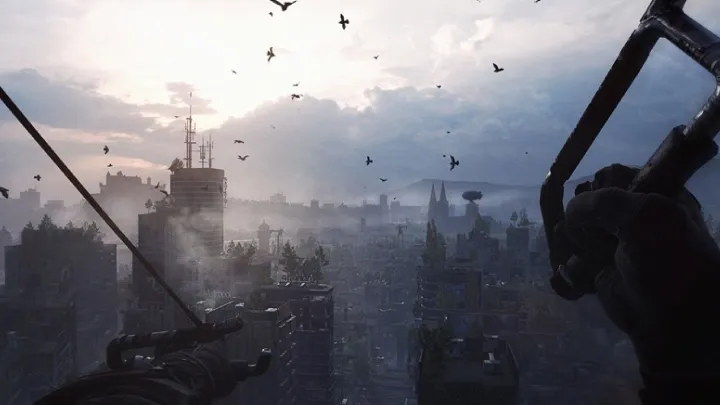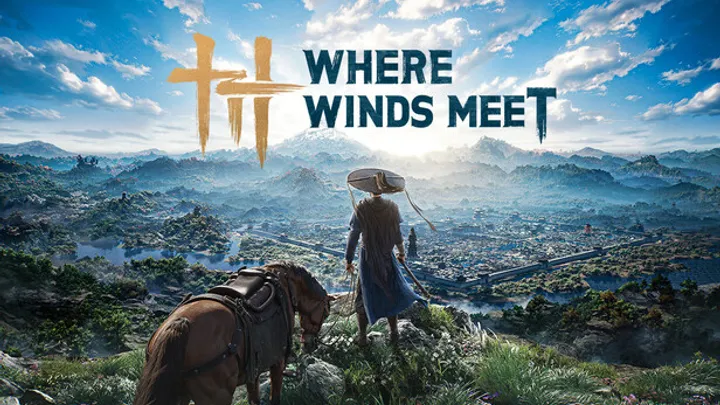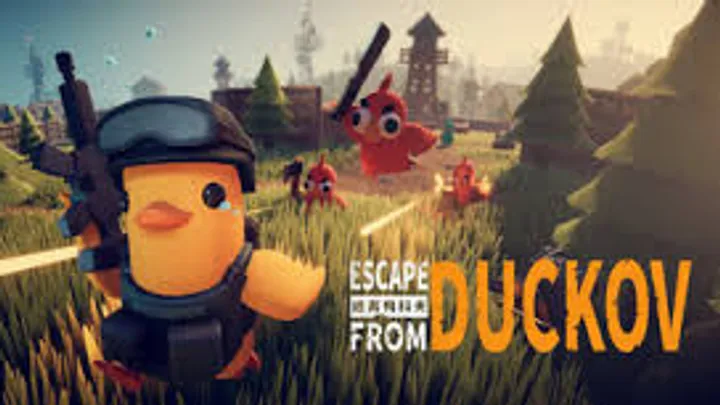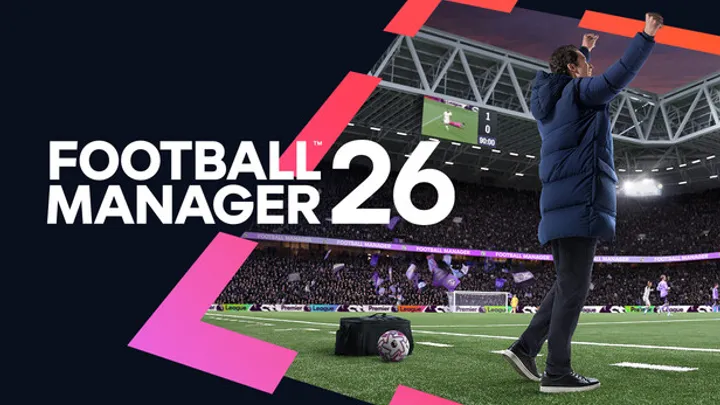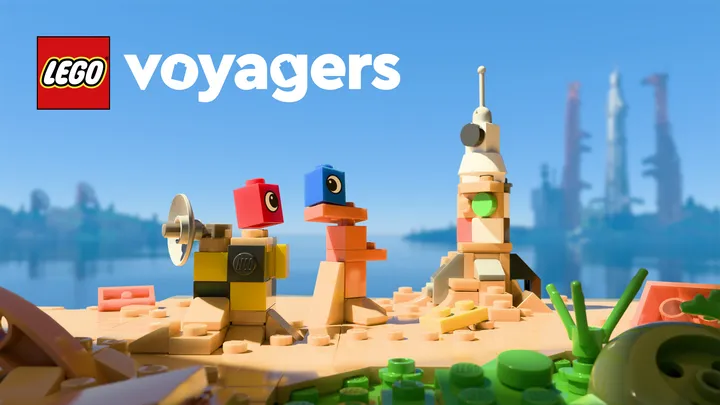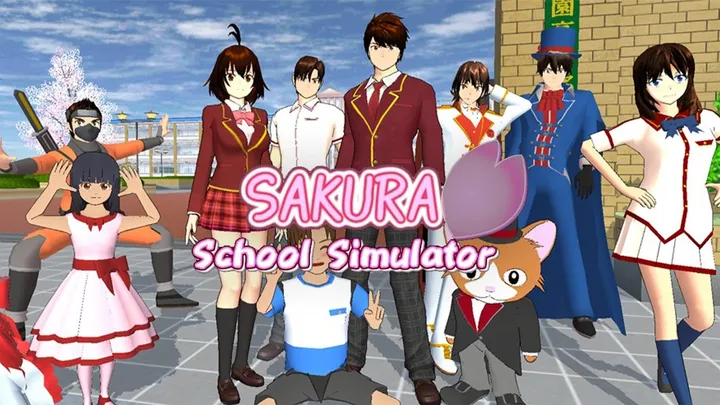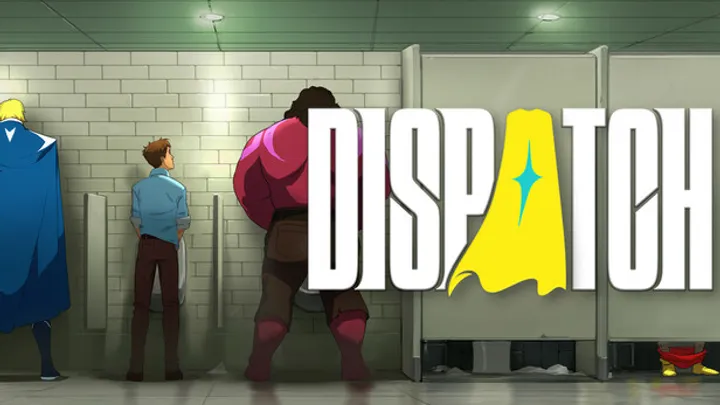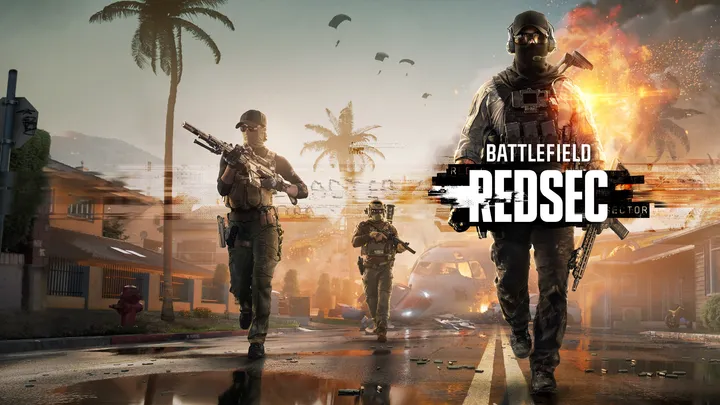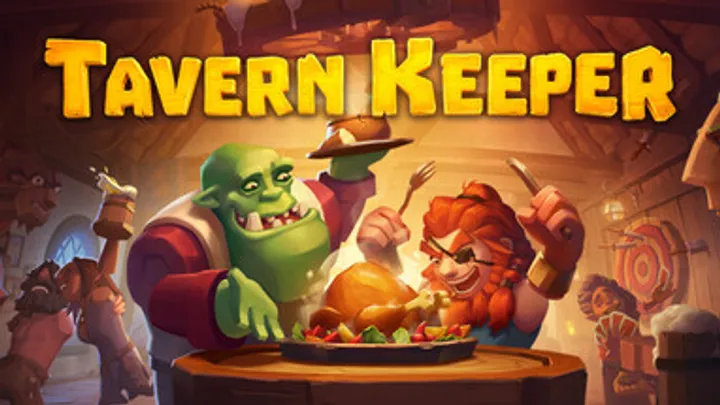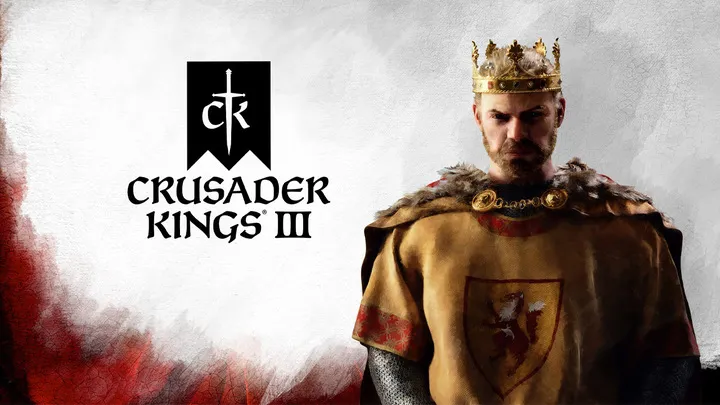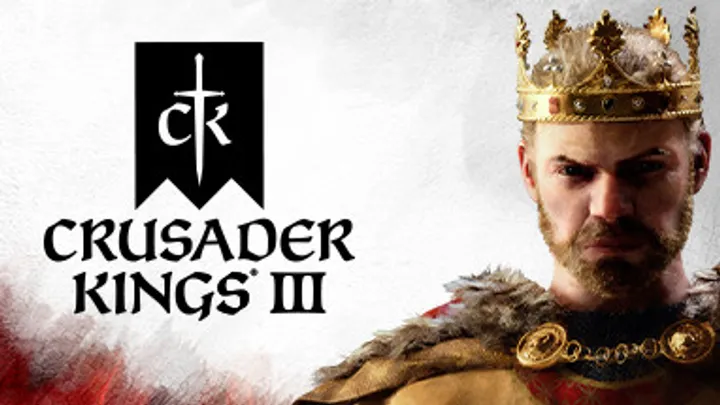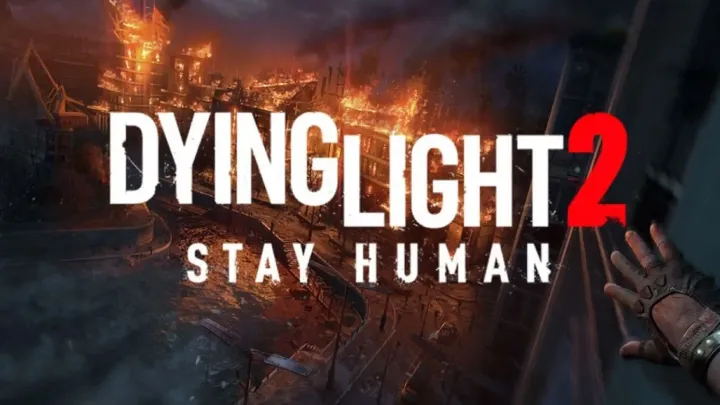
Introduction
Dying Light 2 Stay Human unfolds in a post-apocalyptic world where the remnants of civilization struggle against a virulent infection that transforms humans into horrific monsters. The game immerses players in the urban sprawl of Villedor, a city teetering on the brink of collapse, where survival hinges not just on combat and parkour skills but also on moral choices. As players navigate this gritty landscape, they are faced with profound ethical dilemmas that challenge their understanding of humanity, loyalty, and sacrifice. This article delves deeply into the specific issues of morality and ethics in Dying Light 2, examining how choices influence the narrative and the repercussions that stem from those decisions.
The Setting: A World in Decline
A Post-Apocalyptic Landscape
In Dying Light 2, Villedor is depicted as a once-thriving metropolis ravaged by time and the relentless human infection. The environment is a mix of towering skyscrapers and dilapidated buildings overrun by nature and danger. This backdrop serves not just as a playground for parkour enthusiasts but as a haunting reminder of humanity’s fragility. The remnants of civilization provide context for the ethical dilemmas players face, showcasing both the beauty of resilience and the horror of decay.
The Struggle for Resources
The game vividly illustrates how scarcity drives human behavior. Resources like food, medicine, and shelter are limited, leading factions and individuals to compete ruthlessly for survival. This competition cultivates a culture of mistrust and desperation, creating an environment ripe for moral ambiguity. Players must question whether to help others, who may threaten their survival, or prioritize their own needs.
Factions in Conflict
Villedor is home to various factions, each with its own ethos and goals. The peacekeepers, for instance, seek to restore order through strict control, while the renegades prioritize freedom through ruthless means. Players encounter these factions constantly, forcing them to choose sides and thereby reflect on their values. This system of alliances and rivalries allows for complex narrative developments that highlight the ethical implications of each choice.
The Protagonist’s Journey: Choices and Consequences
Aiden Caldwell’s Motivations
As the protagonist, Aiden Caldwell’s motivations are shaped by personal tragedies, notably the search for his sister Mia. This emotional drive propels Aiden through the chaos of Villedor, providing a deeply personal context for his decisions. The narrative exposes Aiden to various ethical quandaries, transforming his journey into an exploration of what it means to be human amid such inhuman conditions.
The Influence of Personal History
Aiden’s backstory is pivotal in shaping his approach to morality. Having experienced loss and betrayal, he is constantly confronted with the question of trust—who can he rely on in a world where human life appears expendable? This internal struggle forces players to consider the weight of their choices, as they navigate complex relationships with characters whose fates are influenced by Aiden’s decisions.
Dynamic Choices and Their Impact
The choices players make propel Aiden’s story through multiple branches, each leading to different outcomes. Decisions may involve sacrificing resources for the sake of a community or choosing power over compassion. These dynamic choices culminate in a network of consequences that shape the world of Villedor, emphasizing the ethical significance of even seemingly minor actions.
Ethical Dilemmas in Interpersonal Relationships
Trust and Betrayal
Interpersonal relationships play a crucial role in Dying Light 2. Characters such as Lawan and Hakon introduce various moral dilemmas that challenge Aiden’s perceptions. Trust is a pivotal theme; characters frequently oscillate between ally and foe, forcing players to rethink their alliances. For instance, Hakon's seemingly self-serving actions often reflect deeper motivations, complicating Aiden's initial judgments.
Emotional Stakes
The game increases emotional stakes by deeply entrenching players in the fates of their companions. If Aiden chooses to save one person at the cost of another, the emotional fallout can ripple through the narrative. This choice not only impacts Aiden’s development but also affects how factions perceive him, further complicating relationships and alliances.
Sacrifice for the Greater Good
Players often find themselves faced with moral dilemmas that require sacrifice for the greater good. These choices range from saving entire groups at the expense of individual lives, to putting the needs of factions above personal relationships. Such decisions compel players to evaluate their ethical priorities, prompting reflection on the true cost of survival.
The Role of Moral Choices in Gameplay
Branching Paths
The game’s branching narrative system ensures that player choices have far-reaching consequences. These paths are not merely cosmetic; they can alter major aspects of the game's world, including how factions view Aiden and what resources become available. This interconnectedness encourages players to engage thoughtfully with the moral implications of their decisions.
Gameplay Mechanics as Ethical Reflections
Mechanics such as dialogue choices, mission outcomes, and even combat decisions serve as reflections of morality. Aiden can choose non-lethal methods to handle situations, illustrating a commitment to humanity even in dire circumstances. Conversely, opting for brutal violence can signify a descent into savagery, which also impacts key relationships and story arcs.
Consequences Beyond the Moment
The narrative structure captures the long-term consequences of choices, illustrating how decisions made early in the game can echo throughout the entire experience. This design encourages players to think critically about their actions, instilling a sense of responsibility. Players may find that what seemed like a clear choice can lead to unexpected ramifications, promoting a more contemplative gaming experience.
The Nature of Humanity: Living and Dying
What Does It Mean to Be Human?
Dying Light 2 poignantly explores the concept of humanity against the backdrop of rampant violence and desperation. As players navigate a world overflowing with death and suffering, they are compelled to reflect on their values. The core question becomes: what sacrifices are worth making to retain one’s humanity?
Ethical Leadership
Characters like Aiden represent the struggle for ethical leadership in the face of adversity. How he interacts with the various factions—leading with compassion or imposing authority—becomes a reflection of his humanity. Survivors often look to stronger figures for guidance, which places an additional burden on players to lead ethically, deepening the moral complexities entwined with their choices.
The Infection as a Metaphor for Humanity
The infection that transforms humans into monstrous creatures serves as a metaphor for the breakdown of societal norms. In moments of desperation, individuals often resort to inhumane actions; this blurring of moral lines forces a confrontation with the nature of humanity itself. Aiden must navigate these themes, challenging players to consider what it means to remain human in an increasingly inhuman world.
Themes of Power and Control
Faction Dynamics
Throughout Dying Light 2, the power struggles among the factions of Villedor illustrate the complexities of governance, control, and autonomy. The peacekeepers enforce a rigid order, often through oppressive means, while renegades advocate for freedom at the expense of stability. Players must assess the implications of aligning with one faction over another, reflecting on how power shapes moral landscapes.
Autonomy vs. Authority
Players face dilemmas relating to authority and personal autonomy. Aligning with one faction can drastically alter community dynamics, affecting the lives of countless NPCs. Aiden’s interactions with these factions challenge him to weigh the pros and cons of authoritarian measures against individual freedom—a dilemma that catapults players into deep ethical territory.
The Cost of Power
The quest for power often comes at a steep cost, reflecting the darker sides of human ambition. Players witness how strong leaders make decisions that can lead to both salvation and devastation. These choices force players to confront the moral implications of authority, as well as the sacrifices that come with seeking power over a helpless populace.
The Emotional Horizon: Hope Amidst Despair
Searching for Redemption
Despite the pervasive darkness, Dying Light 2 offers glimpses of hope and redemption. Aiden's journey is one of searching for not just personal salvation but also the possibility of restoring humanity's dignity. This emotional arc becomes central to the narrative, illuminating the enduring spirit of humanity amid desolation.
Bonds That Matter
Interactions with characters such as Lawan and Hakon illustrate the significance of relationships in offering hope. These bonds serve as a buffer against despair, reminding players that shared experiences and solidarity can illuminate paths through darkness. Aiden’s quest is as much about personal connections as it is about survival, providing players with an emotional anchor.
Choices Leading to Hope
The choices made throughout the game significantly affect the outcome of Aiden's journey. By opting for actions that prioritize compassion and cooperation over ruthlessness, players can guide the story toward more hopeful resolutions. This potential for redemption reinforces the notion that even in a world marred by chaos, the pursuit of a better future remains within reach if one chooses to embrace hope.
The Climactic Resolution: Consequences of Choices
Final Encounters and Their Impact
As players reach the climax of Dying Light 2, they are confronted with the ultimate consequences of their choices. Missions culminate in moments that demand decisive action: will Aiden uphold his values or abandon them for survival? These choices carry the weight of the relationships forged throughout the game, making the emotional payoff all the more significant.
A Reflection of Personal Values
The outcome of Aiden’s journey invites reflection on players’ own choices. How have their values influenced the decisions made throughout the game? Are they content with the paths chosen, or do they wish they had acted differently? This introspection transforms the narrative into a deeply personal experience, showcasing how individual play styles can shape the fate of the world.
The Lasting Impact of Decisions
The game ensures that closure is not easily achieved; the ramifications of player choices echo beyond the final credits. The landscape of Villedor can be transformed into a bastion of hope or left in disarray—reflecting how ethics and morality directly influence a community’s fate. This lasting impact underscores the importance of decision-making in establishing a meaningful narrative.
Conclusion
Dying Light 2 Stay Human is more than a fight against zombies; it is a profound exploration of morality, survival, and the complexities of human nature in a fractured world. Through its intricate narrative, players are constantly faced with ethical dilemmas that shape not only their journey but also the very fabric of the world around them. The decisions made by Aiden Caldwell invite players to reflect on what it means to remain human in a terrifying reality, illustrating the delicate balance between survival and morality. Ultimately, the game's exploration of hope amid despair serves as a poignant reminder that even in the darkest of times, the choices we make define who we are.